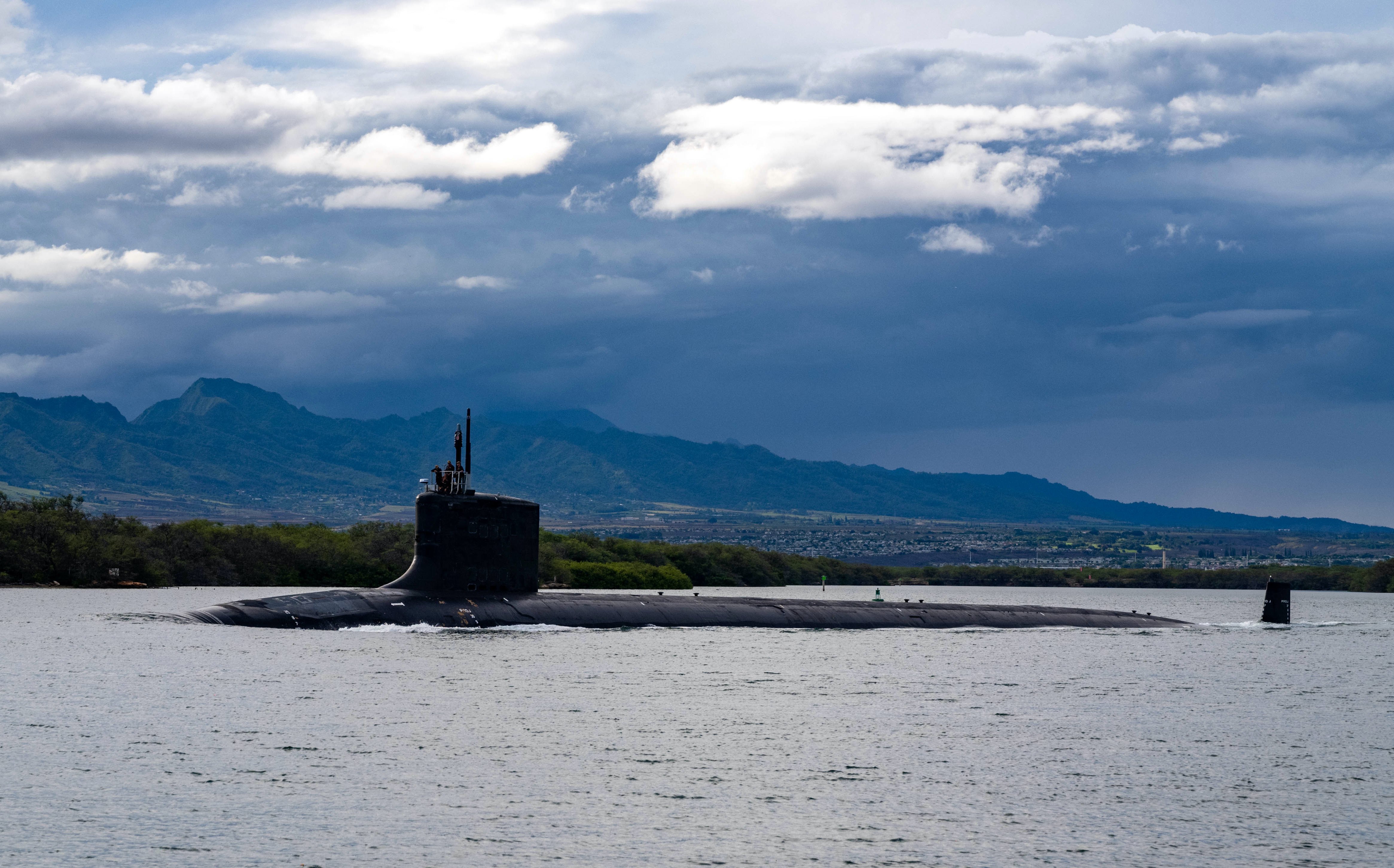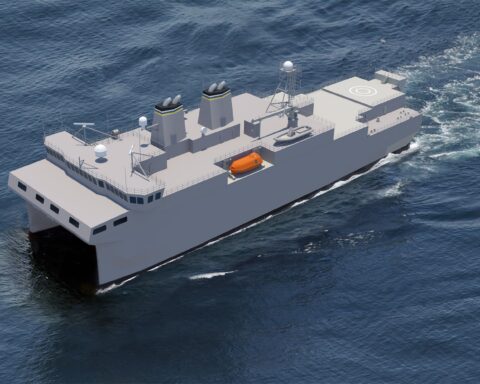The following is the Feb. 15, 2023, Congressional Research Service report, Turkey (Türkiye): Background and U.S. Relations In Brief.
From the report
U.S. relations with Turkey (Türkiye) take place within a complicated geopolitical environment and with Turkey in economic distress. U.S.-Turkey tensions that worsened after a failed 2016 coup in Turkey—including ongoing disagreements over Syrian Kurds and Turkey’s 2019 procurement of a Russian S-400 surface-to-air defense system—highlight uncertainties about the future of bilateral relations. Congressional actions have included sanctions legislation and holds on U.S. arms sales. Nevertheless, U.S. and Turkish officials emphasize the importance of continued cooperation and Turkey’s membership in the North Atlantic Treaty Organization (NATO). Observers voice concerns about the largely authoritarian rule of Turkish President Recep Tayyip Erdogan. Major inflation and a sharp decline in Turkey’s currency have led to speculation that Erdogan and his Justice and Development Party (Turkish acronym AKP) might be vulnerable to a coalition of opposition parties in presidential and parliamentary elections required by June 2023, if competitive elections occur. The aftermath of the disastrous February 6, 2023 earthquakes in southern Turkey is affecting Turkey’s politics, society, and economy, and could influence the timing and nature of elections. If a different Turkish president were to win 2023 elections and take power, or if the president’s party coalition does not control parliament, some domestic and foreign policy changes could be possible.
U.S. relations and F-16s. Under President Joe Biden, existing U.S.-Turkey tensions have continued alongside cooperation on other foreign policy matters. While deepening ties with Russia remain a cause for U.S. concern, Turkey’s emergence as a mediator between Russia and Ukraine after Russia’s 2022 invasion has arguably increased Turkey’s importance for U.S. policy. U.S.-Turkey relations have improved somewhat due to Turkey’s cautious support for Ukraine’s defense; growing relationships with other countries that seek to counter Russian regional power (including via the export of drone aircraft); and openness to rapprochement with Israel, some Arab states, and Armenia. President Biden has voiced support for sales that would upgrade Turkey’s aging F-16 fleet, but some Members of Congress have expressed opposition. According to media accounts, the Administration reportedly provided informal notification to Congress in January 2023 of possible sales of F-16s to Turkey, plus associated equipment and munitions. Factors potentially influencing congressional deliberations include Turkey’s stance on Sweden’s and Finland’s NATO accession and Turkey’s tense relations with Greece. Congressional and executive branch action regarding Turkey and its rivals could have implications for bilateral ties and U.S. political-military options in the region, as well as Turkey’s strategic orientation. The following are key factors in the U.S.-Turkey relationship.
Turkey’s foreign policy approach. For decades, Turkey has relied closely on the United States and NATO for defense cooperation. Turkish leaders have indicated an interest in reducing their dependence on the West, and that may partly explain their willingness to coordinate some actions with Russia. Nevertheless, Turkey retains significant differences with Russia in Syria, Ukraine, Libya, and Armenia-Azerbaijan. Turkey’s future foreign policy course could depend partly on how willing Turkey is to risk tensions or breaks in traditional relationships with Western powers while building other global relationships.
Major issues: Russia, Sweden-Finland-NATO, and Greece. In the wake of Russia’s 2022 invasion of Ukraine, Turkey faces challenges in balancing its relations with the two countries and managing Black Sea access, with implications for U.S.-Turkey ties. To some extent, Erdogan has sought to reinforce Turkey’s embattled economy by deepening economic and energy ties with Russia. Erdogan might assess that Western sanctions against Russia give Turkey increased leverage in these dealings. At the same time, Turkey has expanded defense cooperation with Ukraine. Turkey has become an important mediator between Russia and Ukraine on brokering a grain export corridor and other issues. In June, Turkey agreed on a framework deal for Sweden and Finland to join NATO, but Turkey has delayed final approval while demanding that the two countries help Turkey act against people it considers to be terrorists. Long-standing disputes between Greece and Turkey over territorial rights in the Aegean and Eastern Mediterranean seas spiked in 2022 amid greater U.S. strategic cooperation with Greece.
Syria: ongoing conflict near borders. Turkish concerns regarding its southern border with Syria has deepened further during Syria’s civil war, due largely to (1) the flow of nearly four million refugees into Turkey, (2) U.S. efforts to counter the Islamic State by working with Syrian Kurds linked to the Kurdistan Workers’ Party (Kurdish acronym PKK, a U.S.-designated terrorist organization), and (3) the presence of Russian, American, and Iranian forces in Syria that complicate and somewhat constrain Turkish action. Turkey and allied Syrian armed opposition groups have occupied various areas of northern Syria since 2016, and Turkey’s military continues to target Kurdish fighters in Syria and Iraq.
Download the document here.





